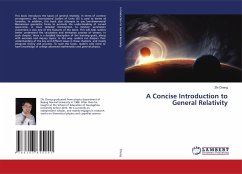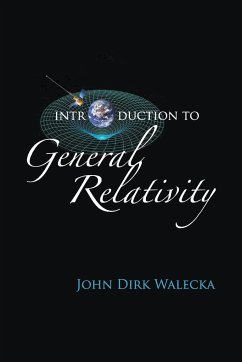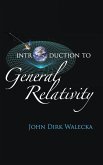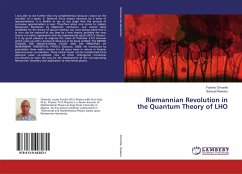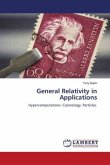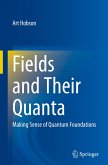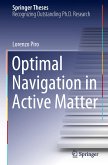Why are physicists unable to predict parameters of particles, just the masses? There is a well working theory, all its predictions were excellently validated by experiment. It is the general theory of relativity. But this theory is not complete. The quantum phenomena are missing, and any energy term following Mach's principle excludes conservation of energy and momentum. So any expression of mass does not fit to the geometrical part of the theory. In order to solve this problem, we have to use fundamentally different methods than usual in physics. A successful method comprises boundary-value problems in coherence with chaos. A sampling method provides the discrete values of the particle parameters. - This book is a loose succession of three formerly unpublished articles. Chapter 1 provides the consequences of general relativity, and how to overcome the limits of the relativity theory. Chapter 2 contains a detailed description of the method, while chapter 3 explains the numerical method in detail and presents the results. This book is directed to scientists and engineers. It requires proficiency of electrodynamics, relativity theory, and the tensor calculus.
Bitte wählen Sie Ihr Anliegen aus.
Rechnungen
Retourenschein anfordern
Bestellstatus
Storno


